The Start Time Struggle
FHC students walk into school before the bell rings at 7:20 every morning. They know that they have a long school day ahead of them.
Waking up early for school is nobody’s favorite part of their high school experience. Senior Santino Cirami usually goes to bed around 11 every night, by six the next morning Cirami alarms blare to tell him it’s time to wake up and get ready for the day. This begins a long process that takes a while to wear off.
Like Cirami, most students share this same process. A result of this makes most students feel like they have a disadvantage in the hours of the school day. Many teachers around the school have noticed how listless their early classes in the morning.
“To get up that early and go learn and do tests is really hard, I’m usually never fully awake during the first three hours of the day,” Cirami said.
According to a study done by the National Library of Medicine, Melatonin levels for teenagers are different from everyone else. Melatonin doesn’t enter a teenager’s body until around 11 p.m. and the body doesn’t stop producing it until around 8:30 a.m. But school still starts at 7:20 every morning no matter what.
“We have lots of afterschool activities. In order for all of those events to occur and games to be played during the daylight, we have to start earlier,” Dr. Ashley Mair said.
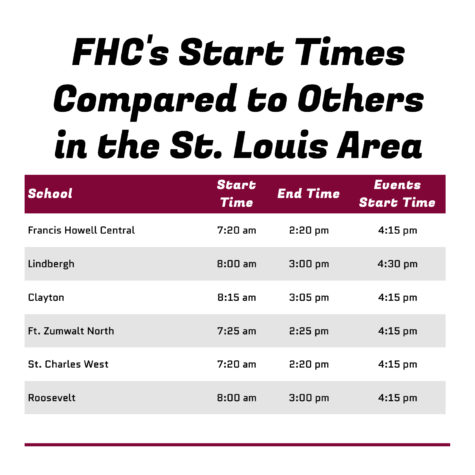
Senior Izzy Hoffeditz was involved with Winter Guard this semester and saw that no matter what the school start time was, Winter Guard started at the same time.
“It didn’t matter when school started, we always started at the same time. Whether it be a day off, early release, or a regular day, it was always the same time,” Hoffeditz said.
Mr. Trevor Wolfe has heard from some of his students that they feel they do better later in the day academically. Mr. Wolfe wants to help students that struggle early in the morning.
“I encourage them to get a good night’s sleep the night before, eat breakfast and try to limit the screen time if that is an issue,” Wolfe said.
A common misconception is that students are given ISP for falling asleep in class. But this isn’t the case, students are working with administrators in the building to find the root of the problem and how to overcome it.
“We are meeting with their counselor or meeting with their parents trying to figure out where their needs are not being met. We really try to wrap services around the student when that is one of the first warning signs that a student is struggling,” Dr. Mair said.
Students have wanted a later start time. But a lot would have to be done to change the start times.
“It is a district-wide approach with all of the staffing for the bus routes, and all of the start times across the district. I feel that it is the best practice for the start of school. So that way we can prepare the students as best as possible for the next step in the process,” Dr. Mair said.
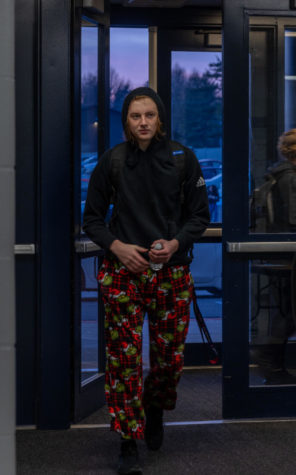
Your donation will support the student journalists of Francis Howell Central High School. Your contribution will allow us to purchase equipment and cover our annual website hosting costs. FHCToday.com and our subsequent publications are dedicated to the students by the students. We hope you consider donating to allow us to continue our mission of a connected and well-informed student body.



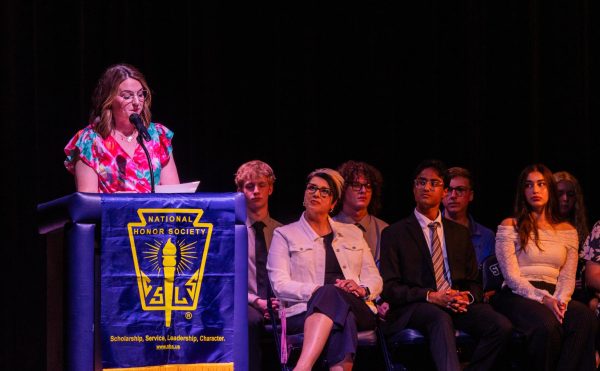
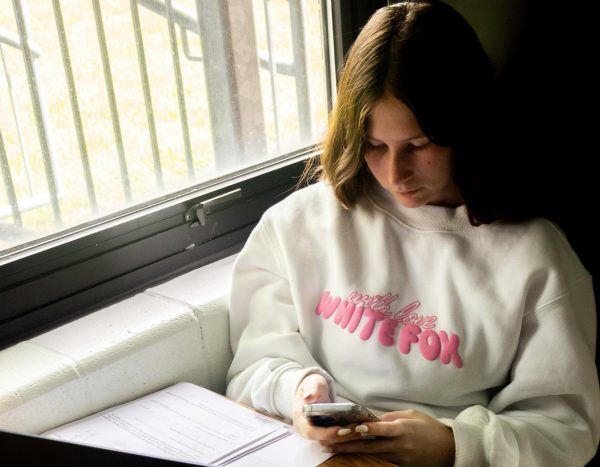
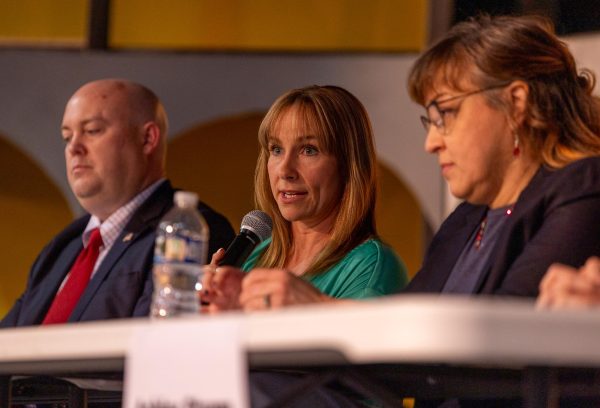
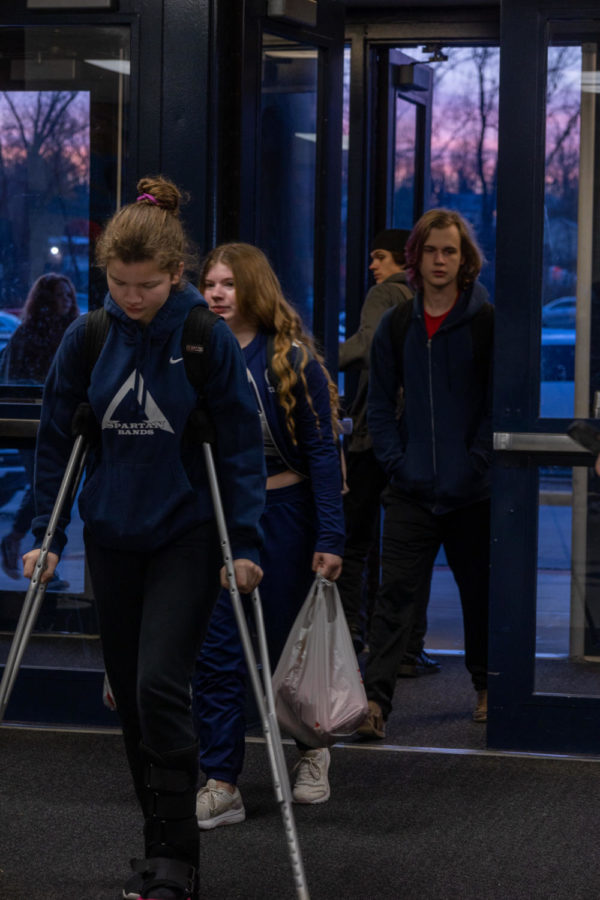
Usma • Aug 27, 2023 at 1:24 am
Struggle lead to success. Thanks From UniverseCover